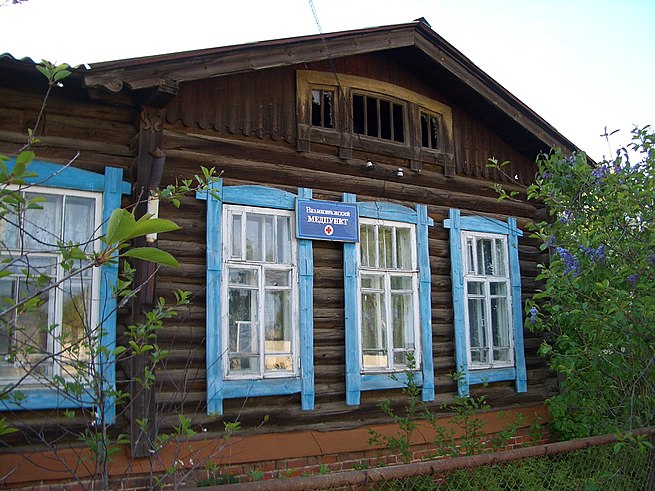
Main Difference
The main difference between Clinic and Hospital is that the Clinic is a health care facility, primarily focused on the care of outpatients and Hospital is a health care institution
-
Clinic
A clinic (or outpatient clinic or ambulatory care clinic) is a healthcare facility that is primarily focused on the care of outpatients. Clinics can be privately operated or publicly managed and funded. They typically cover the primary healthcare needs of populations in local communities, in contrast to larger hospitals which offer specialised treatments and admit inpatients for overnight stays.
Most commonly, the English word clinic refers to a general medical practice, run by one or more general practitioners, but it can also mean a specialist clinic. Some clinics retain the name “clinic” even while growing into institutions as large as major hospitals or becoming associated with a hospital or medical school.
-
Hospital
A hospital is a health care institution providing patient treatment with specialized medical and nursing staff and medical equipment. The best-known type of hospital is the general hospital, which typically has an emergency department to treat urgent health problems ranging from fire and accident victims to a heart attack. A district hospital typically is the major health care facility in its region, with a large number of beds for intensive care and additional beds for patients who need long-term care. Specialized hospitals include trauma centers, rehabilitation hospitals, children’s hospitals, seniors’ (geriatric) hospitals, and hospitals for dealing with specific medical needs such as psychiatric treatment (see psychiatric hospital) and certain disease categories. Specialized hospitals can help reduce health care costs compared to general hospitals. Hospitals are classified as general, specialty, or government depending on the sources of income received.
A teaching hospital combines assistance to people with teaching to medical students and nurses. The medical facility smaller than a hospital is generally called a clinic. Hospitals have a range of departments (e.g. surgery and urgent care) and specialist units such as cardiology. Some hospitals have outpatient departments and some have chronic treatment units. Common support units include a pharmacy, pathology, and radiology.
Hospitals are usually funded by the public sector, health organisations (for profit or nonprofit), health insurance companies, or charities, including direct charitable donations. Historically, hospitals were often founded and funded by religious orders, or by charitable individuals and leaders.Currently, hospitals are largely staffed by professional physicians, surgeons, nurses, and allied health practitioners, whereas in the past, this work was usually performed by the members of founding religious orders or by volunteers. However, there are various Catholic religious orders, such as the Alexians and the Bon Secours Sisters that still focus on hospital ministry in the late 1990s, as well as several other Christian denominations, including the Methodists and Lutherans, which run hospitals. In accordance with the original meaning of the word, hospitals were originally “places of hospitality”, and this meaning is still preserved in the names of some institutions such as the Royal Hospital Chelsea, established in 1681 as a retirement and nursing home for veteran soldiers.
-
Clinic (noun)
A medical facility, such as a hospital, especially one for the treatment and diagnosis of outpatients.
-
Clinic (noun)
A hospital session to diagnose or treat patients.
-
Clinic (noun)
A school, or a session of a school or class, in which medicine or surgery is taught by the examination and treatment of patients in the presence of the pupils.
-
Clinic (noun)
A group practice of several physicians.
-
Clinic (noun)
A meeting for the diagnosis of problems, or training, on a particular subject.
-
Clinic (noun)
A temporary office arranged on a regular basis to allow politicians to meet their constituents.
-
Clinic (noun)
A series of workouts used to build skills of practitioners regardless of team affiliation.
-
Clinic (noun)
One confined to bed by sickness.
-
Clinic (noun)
One who receives baptism on a sickbed.
-
Hospital (noun)
A large medical facility, usually in a building with multiple floors, where seriously ill or injured patients are given extensive medical and/or surgical treatment.
“Luckily an ambulance arrived quickly and he was rushed to hospital.”
“Luckily an ambulance arrived quickly and he was rushed to the hospital.”
-
Hospital (noun)
A building founded for the long-term care of its residents, such as an almshouse. The residents may have no physical ailments, but simply need financial support.
-
Hospital (noun)
A place of lodging.
-
Hospital (adjective)
Hospitable.
